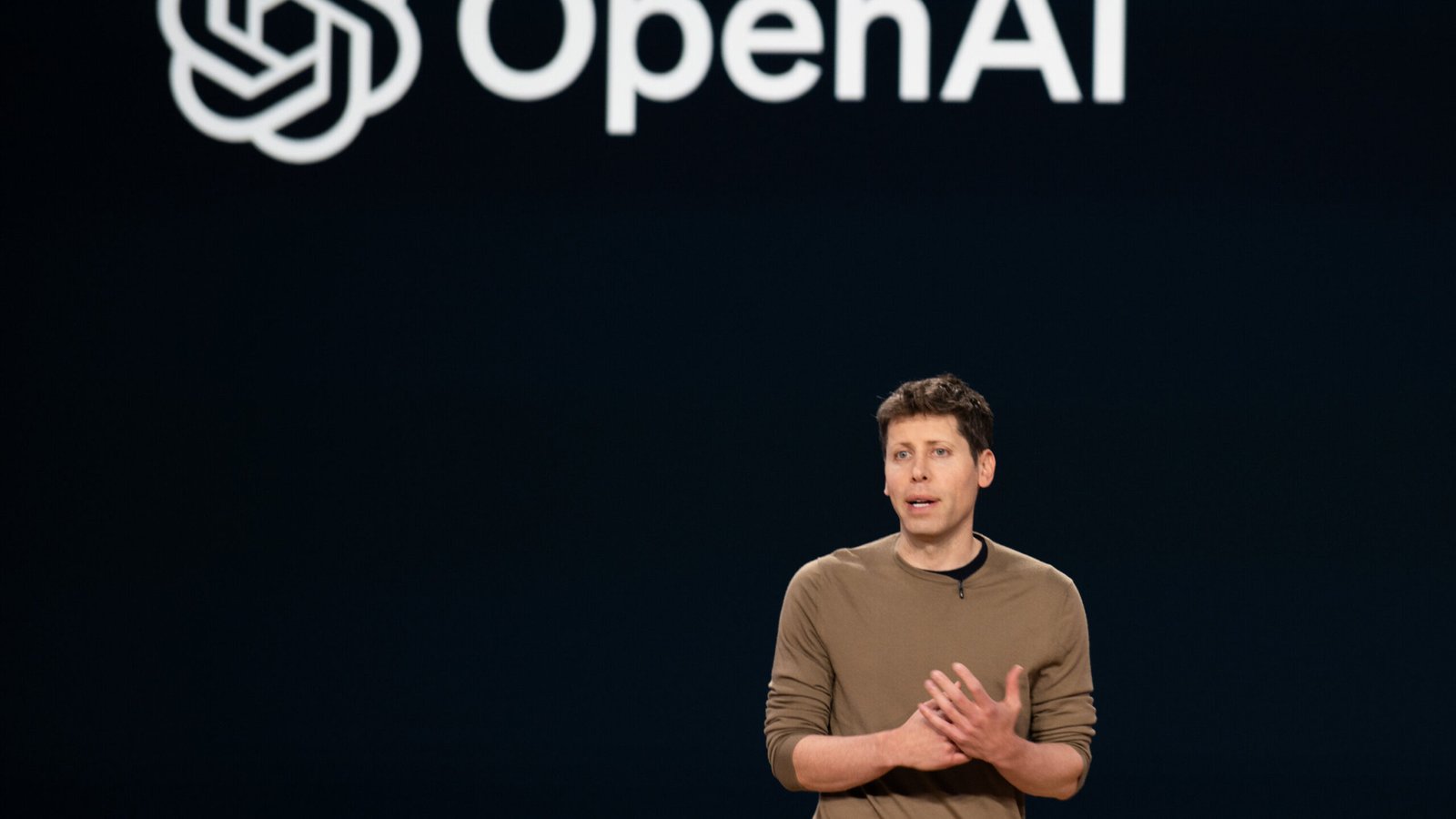Artificial intelligence has already reshaped industries, disrupted workflows, and redefined how we think about business. Yet, in the midst of all the excitement—and the occasional skepticism—many founders are asking themselves a crucial question: Is it already too late to build an AI startup?
Greg Brockman, co-founder and president of OpenAI, has a clear answer: No—it’s still early. His recent advice to entrepreneurs offers both reassurance and a challenge. While many feel the AI gold rush is already over, Brockman argues that we are only at the beginning of a long, transformative journey. The opportunity isn’t just in building “AI wrappers” around existing models but in creating deep, domain-specific integrations that solve meaningful problems.
Why Brockman Believes It’s Still Early
AI is evolving at a pace similar to the early days of the internet. In the 1990s, many believed the web was already saturated—but what followed was the rise of Google, Amazon, and countless others that shaped the modern digital economy. Likewise, while we already see AI-powered apps everywhere—from chatbots to image generators—the true transformative companies are still waiting to be built.
Brockman points out that much of today’s innovation focuses on surface-level applications, often thin layers built directly on top of existing models like GPT-4 or Claude. While these apps may generate quick traction, they rarely offer long-term defensibility. The real opportunities lie in reimagining industries, building AI-native infrastructure, and embedding intelligence into products in ways that fundamentally change user experiences.
The Next Wave of AI Startups
What might these future-defining AI startups look like? Here are some areas where founders can seize opportunity:
Responsible AI – With rising concerns around bias, misinformation, and privacy, companies that can embed ethics and trust into AI systems will hold a major advantage.
Vertical AI Solutions – Instead of generic tools, focus on sectors like healthcare, law, education, or manufacturing. AI tailored to regulatory, compliance, and real-world nuances will outperform broad solutions.
AI Infrastructure – Just as AWS unlocked the cloud economy, startups that build developer-friendly, scalable AI infrastructure could underpin the next decade of growth.
Human-AI Collaboration Platforms – The future isn’t humans vs. AI, but humans with AI. Startups that design systems where AI augments rather than replaces human expertise will find strong product-market fit.

Lessons for Founders
Brockman’s perspective carries several key lessons for today’s founders:
- Think Long-Term – Don’t chase hype cycles. Build solutions that will stand the test of time.
- Go Deep, Not Broad – Domain expertise matters. Founders who understand industry pain points deeply will create more defensible businesses than those chasing trends.
- Embrace Experimentation – AI is evolving rapidly. Agility and the willingness to test, iterate, and pivot will separate winners from the rest.
- Build with Purpose – Consumers and businesses alike are looking for meaningful value, not just novelty.
Why This Matters Now
Investor enthusiasm for AI is at an all-time high, but valuations are soaring, and competition is intensifying. Founders may feel intimidated by big players like OpenAI, Anthropic, or Google DeepMind. Yet, Brockman’s message is that startups still have a massive role to play. Large companies may build the foundational models, but it will be startups who apply them creatively across industries, uncovering new use cases and building products that reshape daily life.
In short, the AI revolution has only just begun. The window of opportunity remains wide open—but only for those willing to think beyond the obvious.
Final Thoughts
Greg Brockman’s advice is a reminder that innovation doesn’t close its doors overnight. The AI ecosystem is still taking shape, and founders who commit to depth, purpose, and creativity can still build transformative companies. The question isn’t whether AI is too crowded—it’s whether you’re ready to build something that matters.
Do you think the next generation of AI unicorns will come from infrastructure, vertical applications, or entirely new categories we haven’t yet imagined??
